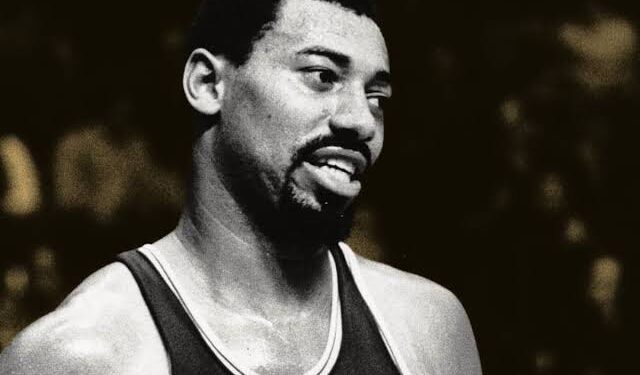The largest fine in NBA history was once imposed on Wilt Chamberlain at…
Despite his incredible individual skill and impressive numbers, Wilt Chamberlain always had to deal with an ironic storyline during his basketball career. Although the four-time MVP has an unmatched resume of accomplishments, his team’s success was restricted to just two championships. In contrast, Bill Russell’s incredible 11 championship victories led many to believe that the Boston Celtics center was the better player.
In their individual matches, Wilt always played better than Bill, but in the overall context of the game of basketball, the five-time MVP prevailed. Notably, Chamberlain was fined $750 for actions that were “detrimental to the best interest of the league” by NBA President Walter Kennedy at the time due to the persistent comparisons and criticism.
‘Wilt: Larger than Life,’ Robert Cherry’s biography, explores the 13-time All-Star’s mentality. Chamberlain thought on the difficulties he faced in winning over his detractors, especially the unfairness of Russell’s celebration as a victor while he was labeled a loser. Wilt was negatively impacted by this enduring story, which affected his perception of his own career.
Even still, it was clear that Chamberlain had difficulty sharing his emotions when he did, and his open admissions showed that he suffered a serious penalty—a $750 fine that at the time was the largest in NBA history.
It’s reasonable to argue that a no-win scenario influenced Chamberlain’s everyday struggle; he was punished for speaking up and called “selfish” for remaining silent. The battle highlighted the intricacies that the 7’1″ center faced on a daily basis.
Wilt had unmatched basketball skills, but did his ability to score goals get enough recognition? One of the best examples occurred during Chamberlain’s third NBA season (1961–1962, having already led the league in scoring and rebounds during his first two years).
Despite these incredible stats, Russell was unable to win MVP since he averaged 18.9 points and 23.6 rebounds. Russell’s performance was made possible by the Celtics’ 11-game advantage over the Philadelphia Warriors.














